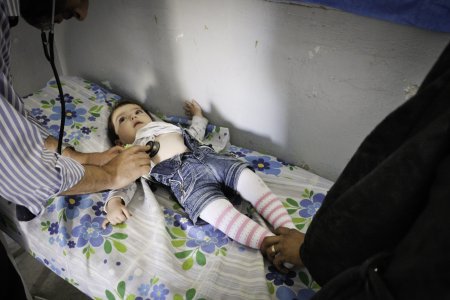 Robin Meldrum
Opinion
Robin Meldrum
Opinion
11/22/2013
Suzanne Shepherd
Deployment of chemical weapons in Syria has proven to be such a horrific event, it has mobilized the muscle and diplomacy of the most powerful international actors. What will it take to unleash this same determination to come to the aid of the youngest Syrians?
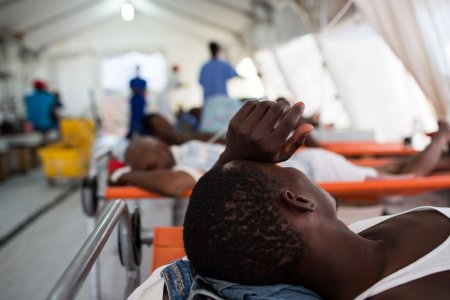 Thomas Freteur
Opinion
Thomas Freteur
Opinion
09/10/2013
Rony Brauman
Three years after it occurred, Haiti's cholera epidemic is still in the news.
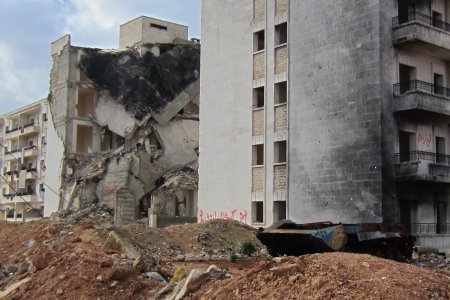 Monique Doux
Opinion
Monique Doux
Opinion
09/06/2013
Fabrice Weissman
Syria is certainly the most deadly conflict in the world today and the most underserved in terms of international humanitarian assistance. Exposed to violence and lack of essential services, millions of Syrians, living under the authority of opposition groups, have almost no access to international humanitarian relief.
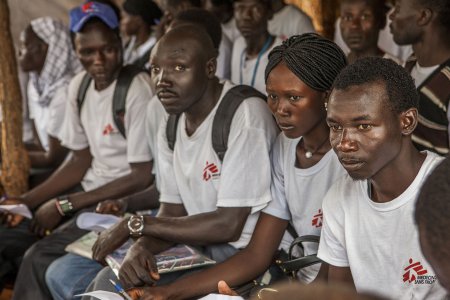 Yann Libessart
Opinion
Yann Libessart
Opinion
04/03/2013
Michiel Hofman
The appointment of David Miliband as president and CEO by a major relief agency is another nail in the coffin to claims of humanitarian independence.
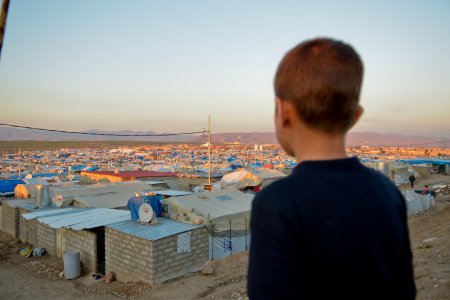 Pierre-Yves Bernard
Opinion
Pierre-Yves Bernard
Opinion
03/19/2013
Fabrice Weissman
Marie-Noëlle Rodrigue
While European Union members are debating the lifting of arms embargo on Syria, populations living in opposition held territories continue to be severed from desperately needed humanitarian aid. Yet, there is a controversy among aid agencies on the best ways to scale up relief activities in Syria.
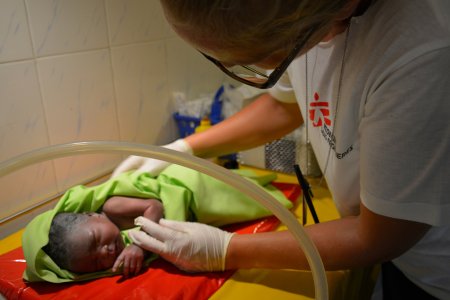 Valérie Batselaere
Opinion
Valérie Batselaere
Opinion
03/07/2013
Jonathan Whittall
What do the Syrian National Coalition, a foreign jihadi group, a Gulf State and the Iranian and American governments all have in common?
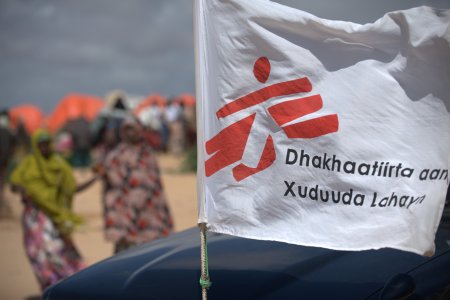 Yann Libessart
Opinion
Yann Libessart
Opinion
01/23/2013
Joe Belliveau
Discussions on the merits of remote control management of humanitarian projects have been particularly intense over the last few years. We are pleased to share this contribution published in Humanitarian Exchange Magazine by Joe Belliveau, the operational manager for Somalia in the Dutch section of our organisation.
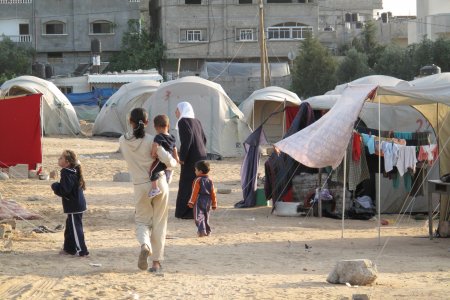 Valerie Babize
Opinion
Valerie Babize
Opinion
11/14/2012
Michaël Neuman
Last October, the Israeli Minister of Defence resolved under judicial order to declassify documents dating from January 2008. These archives contain the implementation details of the embargo imposed on Gaza in 2007.
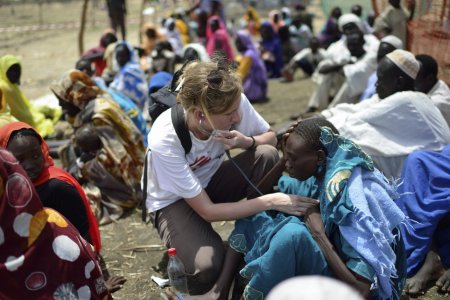 Shannon Jensen
Opinion
Shannon Jensen
Opinion
11/07/2012
John Pringle
John Pringle suggests that MSF, when tackling economy-generated environmental disasters, should not hesitate to question the ‘forces that deny our patients the societal determinants of health'.
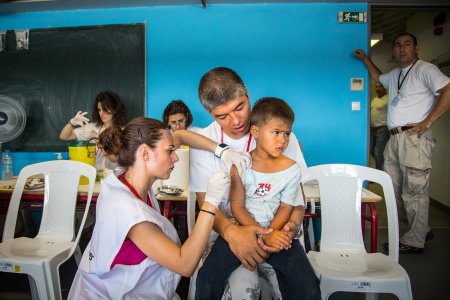 Pierre-Yves Bernard
Opinion
Pierre-Yves Bernard
Opinion
10/03/2012
Michaël Neuman
On 19th of September, PHAP hosted a discussion on the compromises and negotiations the humanitarian aid community must contend with during crisis situations with Michael Neuman and Antonio Donini.
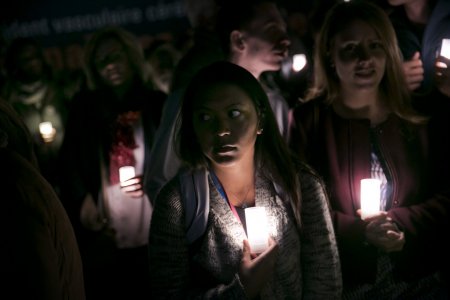 Reto Albertalli
Opinion
Reto Albertalli
Opinion
08/06/2012
Claire Magone
On 4th August 2006, 17 Sri Lankans working for Action Contre la Faim were executed inside their own compound, the same day Sri Lankan government forces reclaimed control of the town of Muttur.
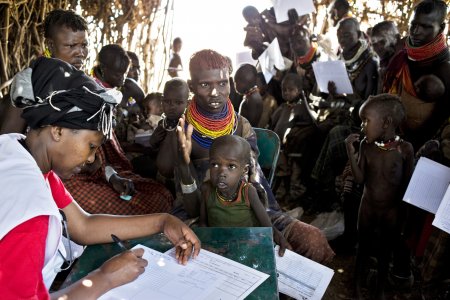 Lynsey Addario
Opinion
Lynsey Addario
Opinion
04/11/2012
Marc Le Pape
This article is about humanitarian exoticism and culturalist convictions: those to which members of NGOs currently adhere.
 Robin Meldrum
Opinion
Robin Meldrum
Opinion











